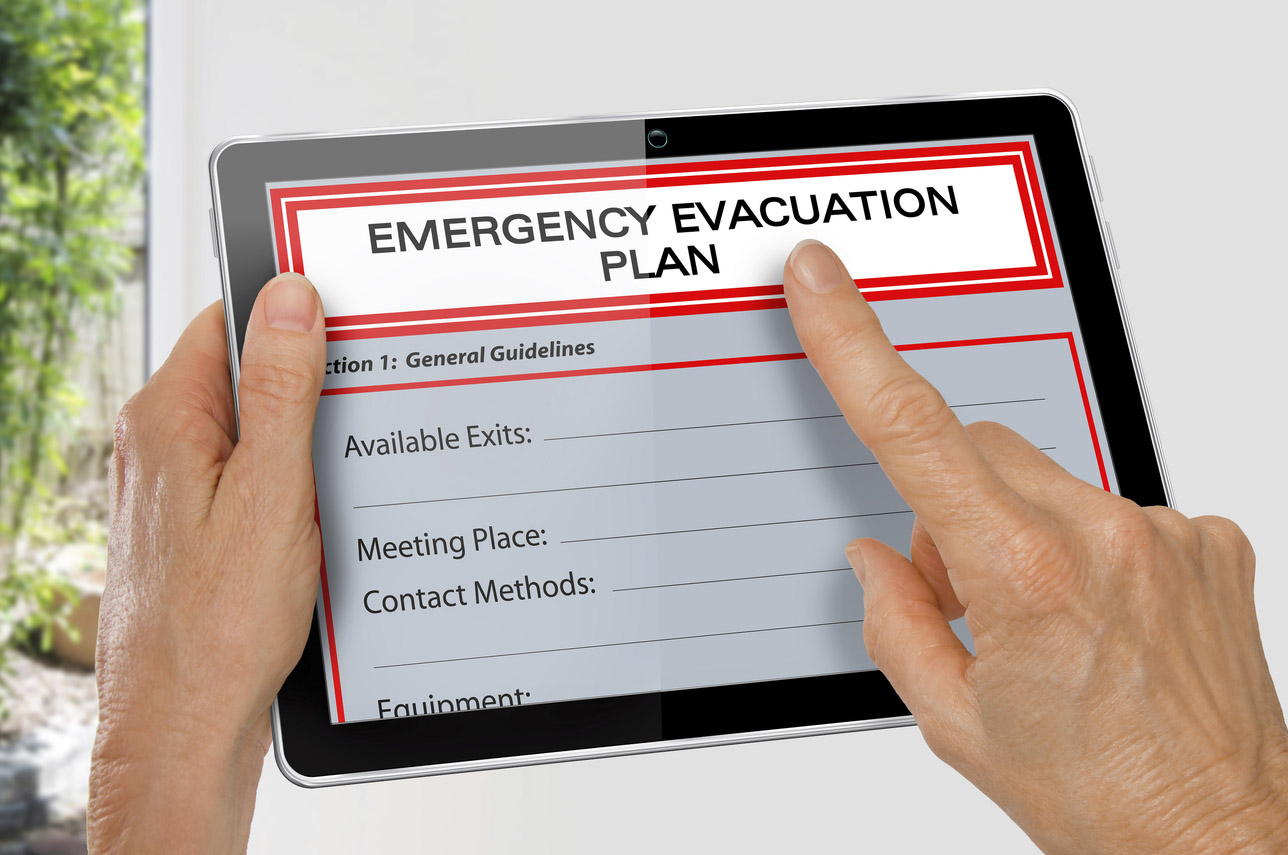
Each year, the US averages around 20,000 earthquakes or around 55 a day. Canada experiences around  5,000 quakes a year. While most of these tremors are not life-threatening, when a major quake occurs, it’s important to be prepared. 42 States are currently at risk of a major earthquake. Here are a few tips to being ready for any eventuality. Be sure to discuss the best response options with your family too.
5,000 quakes a year. While most of these tremors are not life-threatening, when a major quake occurs, it’s important to be prepared. 42 States are currently at risk of a major earthquake. Here are a few tips to being ready for any eventuality. Be sure to discuss the best response options with your family too.
Before an Earthquake
Unlike weather phenomenon, earthquakes can’t be predicted, so you need to create an emergency response plan for your family so that everyone knows what to do.
- Know your local evacuation sites and be sure your children know how to get there.
- Does your local evacuation site accept dogs? Many don’t allow pets, so pet owners should find alternative sites like animal-friendly hotels or friends and family members in nearby towns.
- Have an emergency bag prepared with blankets, water, food and medication and also a bag with all your important documents in so you can just grab them and go in an emergency.
- Have an emergency evacuation plan for your home as well as designated meeting points for family members.
- Teach all family members who are old enough how to turn off the electricity, gas and water.
During an Earthquake
- If you are inside when an earthquake occurs, stay away from windows.
- Take cover under heavy furniture and don’t use escalators or elevators.
- Take cover and wait until then shaking stops—statistics show that most injuries occur when occupants try to move locations.
- If you are outdoors during an earthquake, try to find an area free of powerlines, trees and buildings.
- If you are driving, pull to the side of the road in an area that isn’t close to a bridge or overpass and is well away from buildings, streetlights, powerlines and trees.
Preparing your Home for Earthquakes
If you live in an earthquake zone, there is much you can do to mitigate the impact of earthquakes on your home as well as the possibility of injuries.
- Secure your water heater to a wall using a bracing kit. This will prevent it falling and causing a rupture of water and gas supplies.
- Anchor heavy furniture to wall studs using flexible fasteners.
- Keep heavier items on lower shelves.
- Check that your insurance policy covers earthquake damage.
Preparing for disasters before they occur can significantly reduce your family’s risk of injury and help to reduce the damage to your property.
